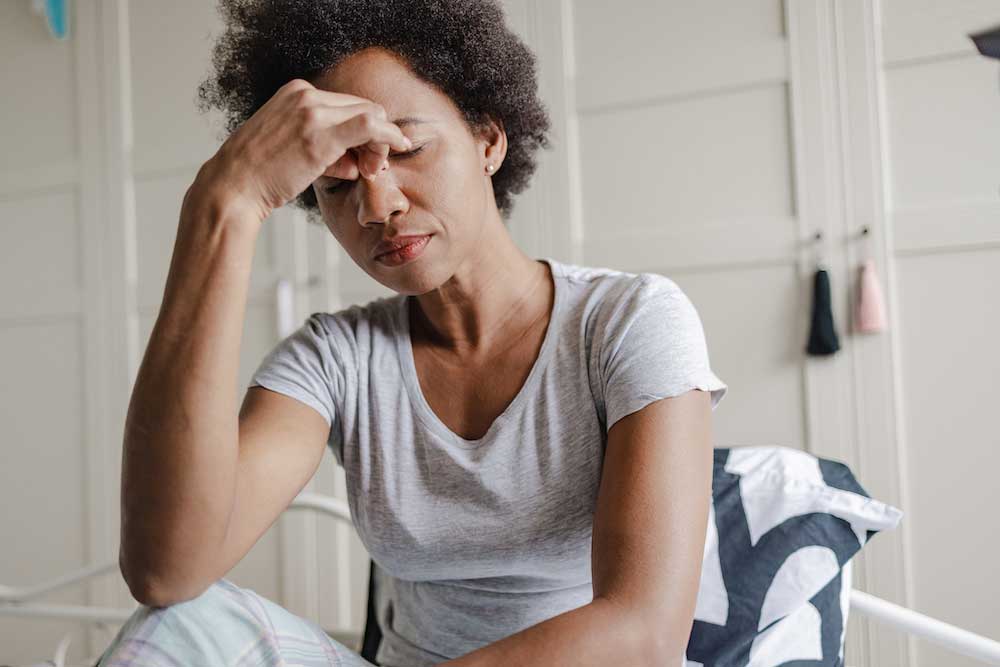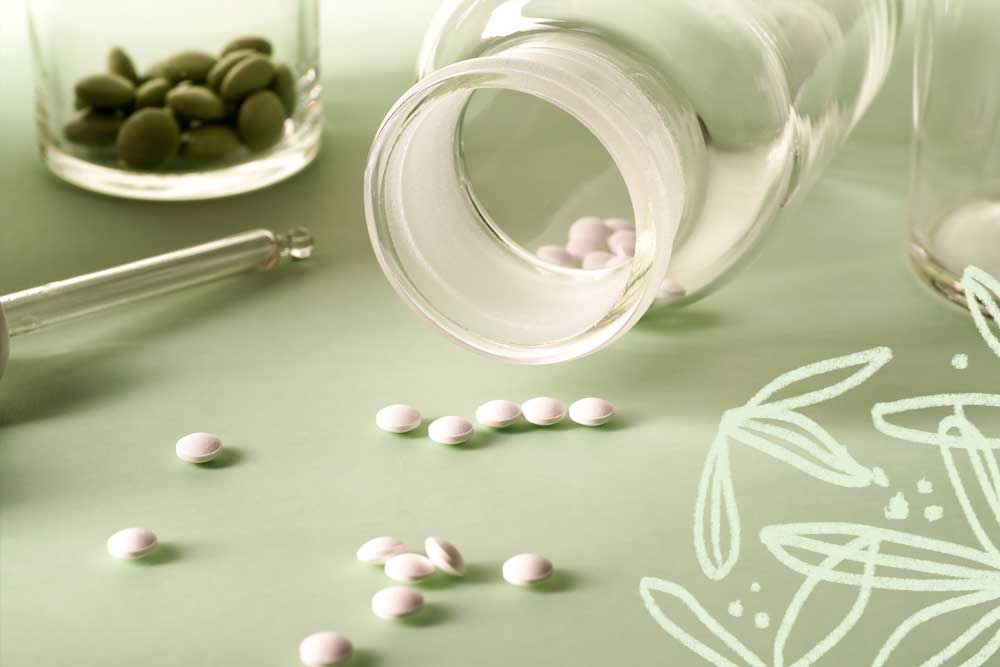DEPRESSION DEFINITION
Depression affects people in different ways and can result in a variety of cognitive, emotional, and physical symptoms. These symptoms can vary from mild to severe. They can also co-occur with other issues such as anxiety.
You may have depression if you:
- Feel sad or depressed for weeks or months at a time
- Lose pleasure or interest in activities that you once enjoyed or felt rewarding
- Notice changes in appetite – weight loss or weight gain unrelated to dieting
- Have issues with sleep – trouble having a good night’s rest or sleeping too much
- Have no energy and/or increased fatigue during the day
- Increase fidgety activities, such as an inability to sit still, pacing, hand-wringing or slowed speech/movements, which are usually noticed by others
- Have feelings of guilt or worthlessness
- Find it difficult to concentrate, think clearly or make decisions
- Have thoughts about death or suicide
Discover your personalized treatment options

CAN MENOPAUSE CAUSE DEPRESSION?
- Some might be more prone to depression or depressive episodes during menopause if they’ve experienced it at other points in their lifetime
- It’s during the perimenopausal phase that you are most at risk to develop depressive symptoms, even if you’ve never had depression before
- Stressful life events that are more common at this stage of life, such as divorce, job loss, or parental death may also trigger depression or depressive episodes
- Several other factors have been linked to perimenopausal depression, including a family history of depression, prior history of sexual abuse or violence, negative feelings towards aging and menopause, and severe menopausal symptoms
Read more about the stages of menopause.
Causes of depression can be hugely complex and are usually a result of interactions between social, psychological, and biological factors.
DEPRESSION AND MENOPAUSE FAQs
Walking at sunrise resets my melatonin, boosts serotonin and you never feel worse after a walk!”





